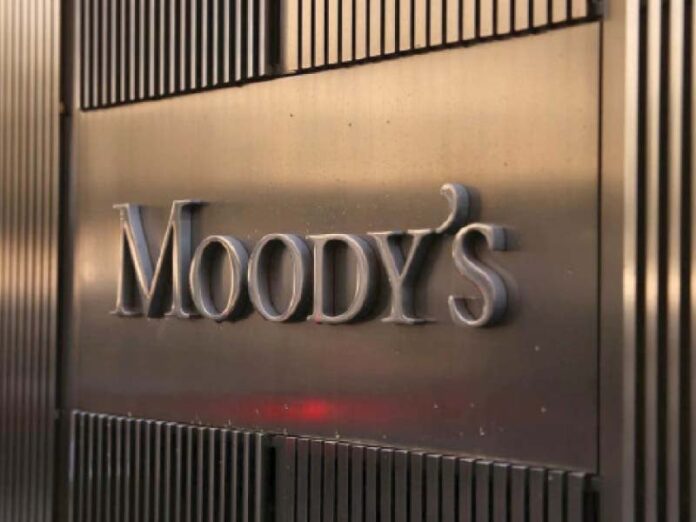Five banks in Pakistan had their long-term deposit ratings reduced by Moody’s Investor Service on Friday from Caa1 to Caa3. The banks include United Bank Limited, Habib Bank Ltd., MCB Bank Limited, the National Bank of Pakistan, and Allied Bank Limited.
The five banks’ long-term foreign currency counterparty risk ratings (CRRs) were also reduced by Moody’s, moving from Caa1 to Caa3.
Moody’s downgraded the five banks’ baseline credit assessments (BCAs) to Caa3 from Caa1 as part of the same rating action. As a result, the five banks’ long-term local currency CRRs were also downgraded to Caa2 from B3, and their long-term counterparty risk assessments were also downgraded to Caa2 from B3.
Nonetheless, the outlook on the long-term bank deposit ratings for all banks has changed from negative to stable.
In view of the correlation between sovereign and bank credit risk, these banks’ standalone credit profiles and ratings are effectively constrained by the Caa3 rating of the government: Moody’s
The Government of Pakistan’s issuer and senior unsecured debt ratings were earlier this week downgraded to Caa3 from Caa1, reflecting Moody’s judgement that Pakistan’s increasingly precarious financial and external position significantly increases default risks.
According to Moody’s, the downgrade of the long-term ratings of the five Pakistani banks reflects two factors: (1) a weakening operating environment, as evidenced by the downgrading of Pakistan’s Macro Profile to “Very Weak” from “Very Weak+, and (2) strong connections between the banks’ balance sheets and the sovereign’s weakened creditworthiness, given the banks’ close ties to the government.
According to Moody’s, the deterioration in Pakistan’s operating environment reflects both the rising government liquidity and external vulnerability risks, with foreign exchange reserves declining to critically low levels as well as the high cost of living, with headline inflation likely to rise further as energy prices increase in tandem with the removal of energy subsidies.
According to the rating agency, the culmination of these elements, along with the high interest rates, will erode consumer trust and jeopardise borrowers’ ability to repay their debts.


